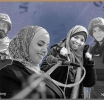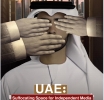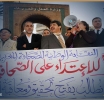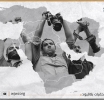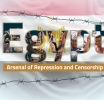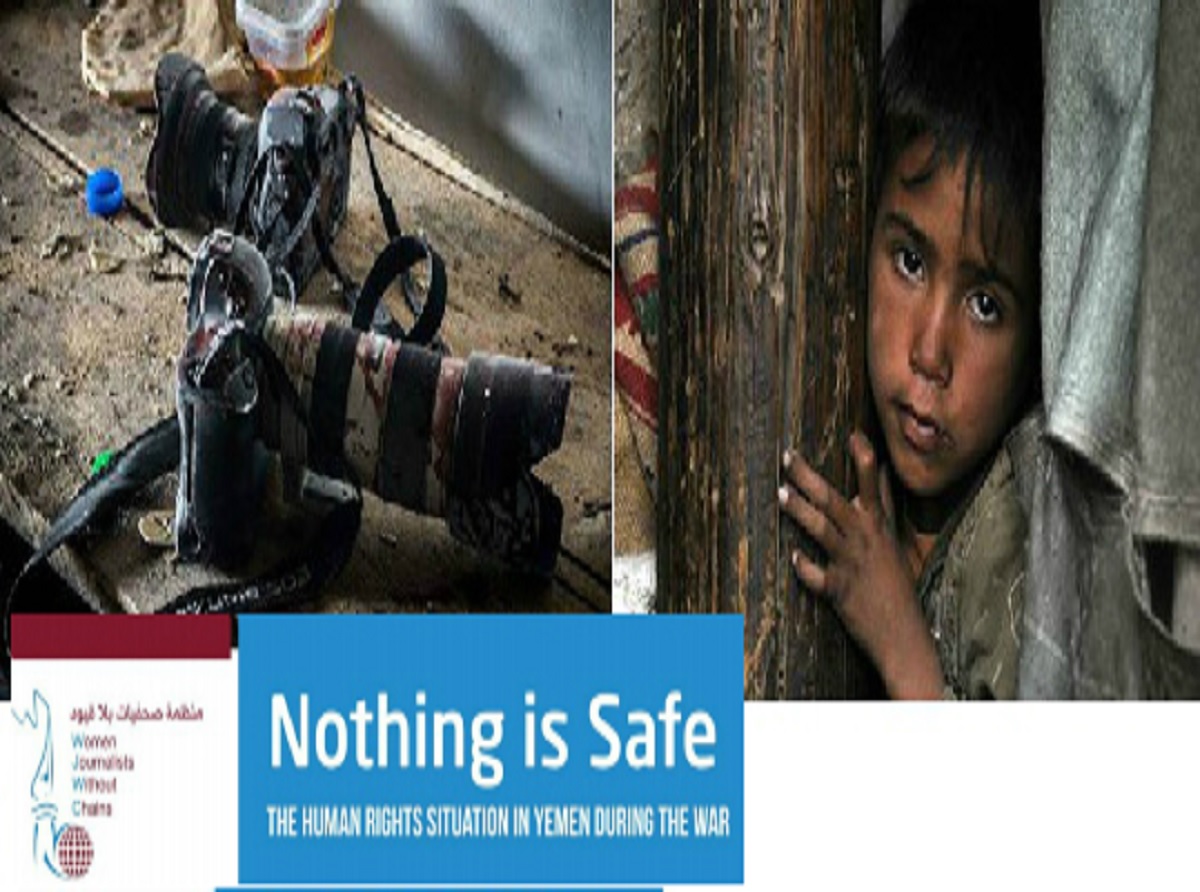They say the pen is mightier than the sword, but in Yemen, wielding this mighty weapon has put journalists under siege,
as a new report by Women Journalists Without Chains (WJWC) shows. The report details a staggering 1,228 instances of press and media freedom violations in Yemen, along with 45 cases of journalist fatalities between 2014 and 2020, due to the deadly environment created by the ongoing civil war. WJWC's findings also revealed 100 documented incidents of press and media freedom violations in Yemen in the past year alone. This report sheds a grim light on the dangerous situation that journalists face as they risk everything to bring the truth to light.
In its yearly report on press liberties for 2020, Women Journalists Without Chains lamented that all factions involved in the national conflict had flagrantly trampled upon the fundamental rights of press and media. Despite bravely bringing to light the heinous offenses committed by the warring parties, journalists faced the grave consequences of being slain, tormented, and coerced while diligently carrying out their duty. The group acknowledged that the six-year period of abuse of journalists and media personnel amounted to war crimes.
The report also exposed the horrifying fact that 13 journalists were still being held captive, with 11 of them being forcibly detained in Houthi militia jails. It is shocking to learn that the militia had previously executed four of these hostages in April of the previous year. The group underlined its deep worry about the miserable conditions under which the imprisoned journalists were being treated inhumanely, including physical and psychological abuse. Long stretches without visits made their suffering worse because it prevented them from getting medical care and placed their lives in danger.
The WJWC organization referred to the Houthi judgments of execution issued against the four journalists (Abdulkhaleq Imran, Akram Al-Waleedi, Harith Hamid, and Tawfiq Al-Mansouri) as rejected, unjust, arbitrary, and illegal in both form and substance because they were handed down by a court that lacked jurisdiction and were a part of the Houthi militia's intimidation and persecution strategy against those who disagree with it. Since the coronavirus epidemic in Yemen at the start of 2020, three journalists have perished as a result of the virus, according to the organization.
According to the report, Yemen experienced 102 incidents of journalist violations in 2020, encompassing a range of forms of mistreatment. The violations consisted of abductions, arrests, detentions, dismissals from employment, trials, death threats, confiscation of media and equipment, prevention of practicing the profession, and travel restrictions.
Among the perpetrating parties, 52% of the infractions were attributable to military and security forces allied with the government, as well as Arab coalition forces, while Houthi militias accounted for 34%. Other groups, including Transitional Council forces, security formations of the Aden-Lahj-Abyan Security Belt, and the Hadrami Elite, were responsible for 9% of the violations, with unidentified armed groups committing 7%.
The military and security forces that supported the legitimate government and the Arab alliance committed 50 violations, or 52% of all infractions. 34%, or 34 violations, were committed by the Houthi militia. The Hadrami Elite and Aden-Lahj-Abyan security formations, among other southern Transitional Council militiamen, were responsible for nine crimes, or 9%, of all crimes committed. Unknown gunman, who perpetrated 7 crimes, or 7%, of all crimes.
Furthermore, the group asserted that all parties to the conflict have treated journalists in an absolutely hostile manner, urging those parties to respect the conventions, treaties, and international humanitarian law that require them to protect journalists while they carry out their duties as journalists during armed conflicts, treating them as civilians rather than combatants. It highlighted the need to keep them out of the fighting and spare them the horrors of war.
The organization emphasized the importance of investigating any violations against journalists and punishing both parties and individuals responsible for such violations. These actions constitute an attack on freedom, as well as people's right to express their opinions and beliefs. It is crucial to note that such crimes do not fall under the statute of limitations.
In accordance with international humanitarian law, which accords civilian journalists the same protection as that accorded to civilians, provided they do not directly participate in hostile operations, the advocate for press freedoms emphasized the importance of protecting journalists and media professionals who cover armed conflicts from all types of targeting and assault.
In conclusion, the report by Women Journalists Without Chains serves as a stark reminder of the brutal reality faced by journalists in Yemen. Despite their bravery in uncovering the truth about the warring factions, they are constantly at risk of being detained, tortured, or even killed. The report highlights the urgent need for all parties involved in the conflict to respect the fundamental rights of press and media, and to protect journalists from all forms of targeting and assault.
As the world continues to grapple with the COVID-19 pandemic, it is important to remember that the virus has also claimed the lives of three journalists in Yemen. This report calls on the international community to take action and to support the brave journalists who continue to report on this conflict, even in the face of great danger.
To read and download full report click Download WJWC_Report_Press_Freedoms_in_Yemen_2020_EN

 En
En  Ar
Ar 
